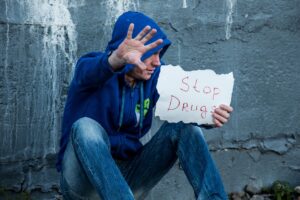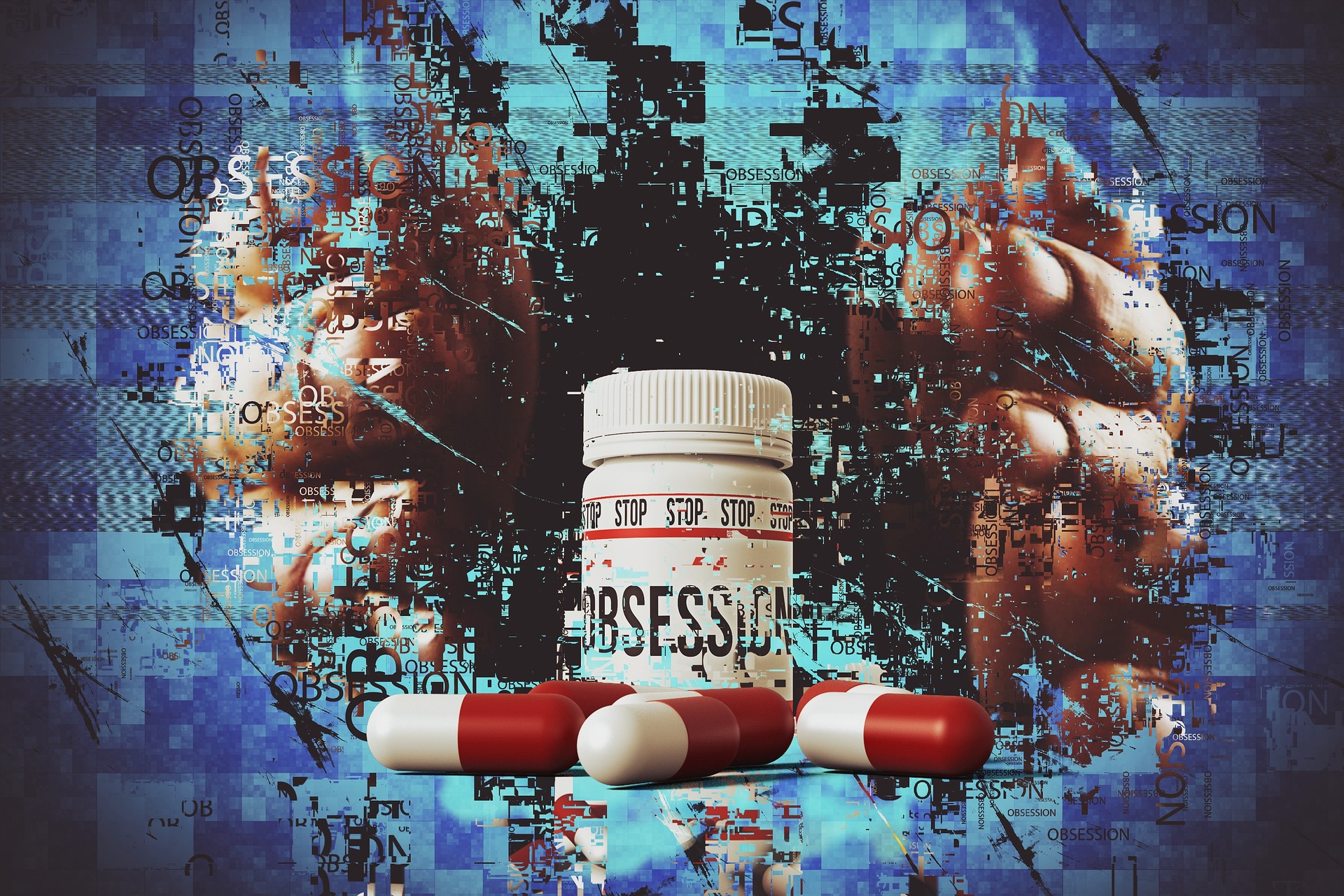Adolescence is characterized by curiosity, exploration of identity, and social influence. The period also subjects adolescents to risk-taking behaviors, one of the most serious is drug abuse. Teenage drug abuse is of great concern to families, schools, and societies worldwide. It not only threatens physical and mental well-being but also future potential and ambitions.
Understanding Teenage Drug Abuse
Drug addiction is the improper or unhealthy consumption of drugs such as alcohol, tobacco, marijuana, doctor-prescribed drugs, and street drugs such as cocaine or heroin. In teenagers, this behavior is initiated as an experiment and may quickly progress to dependence.
Causes of Teen Drug Abuse
1. Peer Pressure: The urge to belong to or be accepted in a group can provoke teenagers to use drugs.
2. Experimentation and Curiosity: The majority of teenagers desire to do something novel without being aware of the outcome.
3. Problems at Home: Lack of guidance by parents, exposure to drug use within the home, or household instability can lead teenagers to turn to drug use as an escape mechanism.
4. Stress and Mental Health: Pressure to excel in school, depression, anxiety, or poor self-esteem can drive teenagers to use drugs as a coping mechanism.
5. Media Influence: Movies, music, and social media sometimes glamorize drug use and make it seem trendy or risk-free.
Consequences of Teenage Drug Abuse
1. Physical Complications: Drug abuse can damage the brain, liver, heart, and lungs. It weakens the immune system and potentially induces an overdose or death.
2. Psychological Problems: Drugs could bring about mood swings, paranoia, depression, and even long-term mental illness.
3. Academic Failure: Drug addiction can cause poor grades, truancy, and school dropouts.
4. Arrested or Incarcerated: Possession or use of illicit drugs can result in arrest, having a criminal record, and being incarcerated.
5. Relationships Destroyed: Drug addiction can ruin relationships with teachers, parents, and peers.
6. Missed Dreams and Opportunities: Drugs can ruin aspirations, talent, and the possibility of a productive life.
How to Prevent Teenage Drug Abuse
1. Parental Involvement: Teenagers need strong support systems. Parents have to openly communicate, set boundaries, and lead by example with healthy behavior themselves.
2. Education and Awareness: Schools need to offer drug education programs that focus on the risks and in-life consequences of drug use.
3. Counseling and Therapy: Early treatment for mental illness can help teenagers deal with stress and emotional problems without turning to substance abuse.
4. Positive Peer Groups: Engaging teens in clubs, athletics, or the arts keeps them engaged in positive settings.
5. Community Support: Church, youth organizations, and local groups can provide safe havens and mentoring.

What Should You Do If You or Someone You Know Is Using Drugs?
Speak Up: Talk to a trusted adult, counselor, or doctor.
Get Help: There are rehab programs, therapy, and support groups that deal with teenage addiction.
Don’t Judge, Support: If your friend is on drugs, don’t turn a blind eye. Get him/her to seek help and stand by them.
Conclusion
Adolescent drug consumption is a grave issue, but it’s an issue that can be prevented and treated. All adolescents should be able to grow up healthy, powerful, and drug-free. We can protect the youth from the threat of drug addiction through education, concern, and aggressive community efforts and guide them towards a better future.




